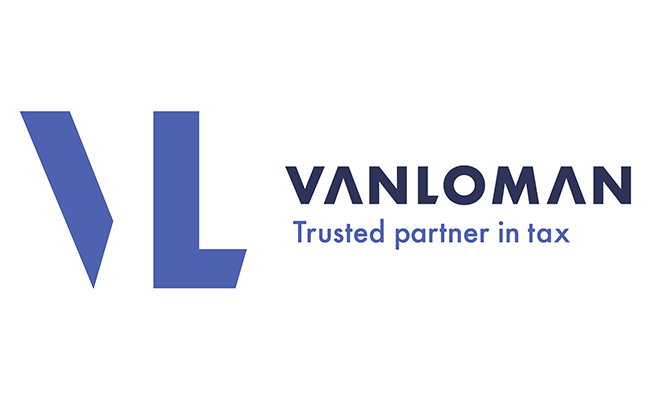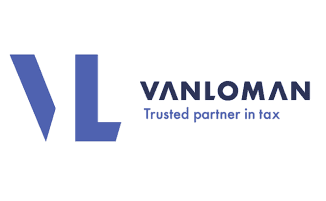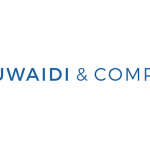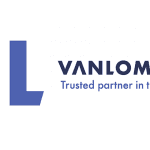VanLoman partners Marc Oostenbroek and Gabriël van Gelder explore the advantages and disadvantages of structures for employee participation commonly used in the Netherlands
Participation structures are an often-used method to bind employees/managers to the company and to share the value increase realised. In the Netherlands generally four kinds of participation structures are used: stock options; stock appreciation rights (SARs); shares; and carried interest.
These structures all have different advantages and disadvantages for the company and for the participants. These alternatives also have different Dutch tax consequences. All tax rates included in this briefing apply to the year 2023.
Stock options
A stock option gives the participant the right to acquire shares or depositary receipts of shares in the company within a certain period and against a pre-agreed strike price. The taxable moment of stock options used to be the moment of exercise, but as per 1 January 2023, the taxable moment of stock options has shifted to the moment when the underlying shares obtained by exercising the stock options become ’tradable’ (unless the taxable person opts for the taxable moment to be at the moment of exercise). The shares are considered to be tradable if the shareholder has the possibility to dispose the shares to a third party, including a sale to other employees.
Upon the taxable moment, Dutch wage withholding tax must be withheld by the employer on the difference between the exercise price and the fair market value (FMV) of the underlying shares (ie the ‘spread’).
Arguments in favour of stock options are the relatively low expenses for the company, the fact that there is no risk for the employee and that the taxable moment is postponed to the moment that the underlying shares become tradable.
‘For stock options, as per 1 January 2023, the manager/employee can opt for the taxable moment to be at the moment of exercise or at the moment that the underlying shares become tradable.’ Marc Oostenbroek and Gabriël van Gelder, VanLoman
Unfortunately, stock options are relatively highly taxed in the Netherlands and the entire spread is subject to Box 1 of the Dutch personal income tax at a rate of 49.5% (the wage withholding tax that has been withheld may be credited against this income tax liability). The costs of the issuance of the stock options are not deductible for Dutch corporate income tax purposes at the level of the company.
Stock appreciation rights (SARs)
SARs are rights that are linked to the value development of the shares in the company/employer. Payments under a SARs plan are often linked to a full or partial sale/exit of the company. The grant of SARs itself is not a taxable event in the Netherlands.
The company must withhold Dutch wage tax on the SARs not earlier than on the moment of payment to the employees.
The main advantages of using a SARs plan are that payments made by the company/employer are in principle deductible for Dutch corporate income tax purposes, that it is flexible in its setup, that it is discretionary and that it is relatively easy to implement.
The disadvantages of using a SARs plan are that this results in a reduction of cash at the company and that the payment is subject to Box 1 of the Dutch personal income tax at a rate of 49.5% (the wage withholding tax that has been withheld may be credited against this income tax liability).
Shares
The employees can also be given the opportunity to acquire shares in the company. If employees pay less than the FMV for the shares, the employees are considered to receive wages in kind of the company and in relation to this benefit Dutch wage tax must be withheld (including a gross up if the wage tax is not withheld from the employee.
In view of the above, a valuation report may be needed to determine the FMV of the shares. Without such report, there is an increased chance of ending up in discussions with the Dutch tax authorities.
The shares (and the disposal thereof) are subsequently taxed at the level of the employees in Box 3 of the Dutch personal income tax (assuming the employees acquire less than 5% of the shares and the shares are not considered so-called ‘carried interest’, see under ‘Carried interest’ below). In Box 3, the shares are taxed based on a fictitious return on the value at the start of the year (effectively taxed at a rate of approximately 1.9%).
Advantages in favour of using shares are that there is no cash-out for the company at the moment of implementation, that the expenses are relatively low for the company and that the gain upon disposal is subject to Box 3 of the Dutch personal income tax (under the aforementioned assumptions).
Disadvantages of using shares may be the substantiation of the value and the taxable moment of grant and that costs are not deductible for Dutch corporate income tax purposes.
Carried interest
Carried interest (also called a lucrative interest) is a special class of shares of the company with specific rights for the holders of these shares that are associated with the achievement of goals of the company (eg revenue or profit growth, exit, etc) or a class of shares in a company that has relatively high leverage in its share capital.
‘The main advantages of using carried interest shares are that it is possible to arrange the conditions as desired and that, if properly structured, they are subject to a lower rate of personal income tax.’ Marc Oostenbroek and Gabriël van Gelder, VanLoman
The benefits of carried interest shares are in principle subject to Box 1 of the Dutch personal income tax if these carried shares are held directly in private. However, in case the shares are held indirectly via a personal holding company, the benefits may be included in Box 2 if at least 95% of the benefits are paid on to the employees in private in the same calendar year.
The main advantages of using carried interest shares are that it is possible to arrange the conditions of the special class of shares as desired and that, if properly structured, they are subject to Box 2 of the Dutch personal income tax at a rate of 26.9% instead of 49.5% in Box 1.
The disadvantage is that the costs of granting carried interest shares are not deductible for Dutch corporate income tax purposes. The employees or managers must pay FMV for the special class of shares (otherwise there is a taxable wage component).
Concluding remarks
The four kinds of participation structures mentioned above all have advantages and disadvantages from both the perspective of the company/employer as well as the perspective of the manager/employee. Payments under a SARs plan are for example deductible for corporate income tax but lead to a direct cash-out for the company. The other options do not lead to a direct cash-out but are not deductible for corporate income tax. Hence, which participation structure fits your organisation best should be determined on a case-to-case basis, based on your needs. We do note that shares or carried interest shares create more alignment of interest compared to the other alternatives.
For more information, please contact:

Marc Oostenbroek, partner
E: marc.oostenbroek@vanloman.com

Gabriël van Gelder, partner
E: gabriel.vangelder@vanloman.com
VanLoman
De Boelelaan 7
1083 HJ Amsterdam
The Netherlands
T: +31 (0)20 760 4500















